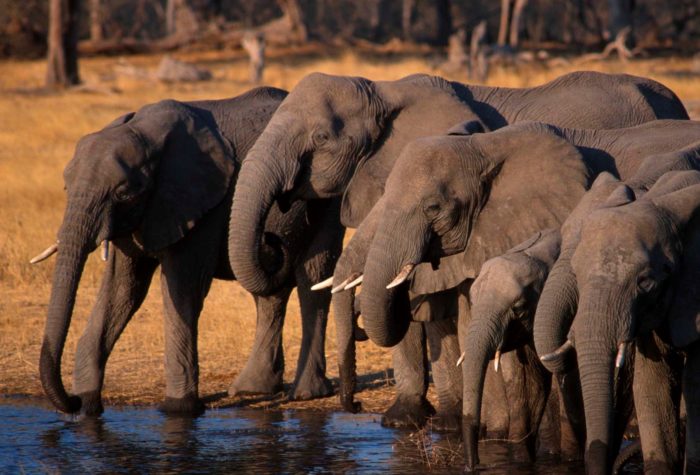As droughts persist and become more severe in Eastern countries, wildlife species are beginning to leave their habitats in search of food and water for survival.
Recently, some elephants were sighted in parts of Botswana where they are rarely seen, an indication of the worsening impacts of climate change that is pushing the species towards the south in search of food and water.
The Botswana Elephant Management and Action Plan 2021-2026 had shown that as the country experiences extreme changes in temperature and precipitation under global warming scenarios, it is expected that these changes will impact wildlife conservation.
According to the document, climate change is increasing the frequency, severity, duration and extent of droughts and it is anticipated that species that need a lot of water, such as elephants, will seek supplies in areas where people farm.
It states that competition for limited water resources is responsible for escalating conflicts between humans and elephants and the impacts of elephants on susceptible vegetation will likely be amplified by climate change.
Read also: China restates commitment to protecting environment, biodiversity
Recognising the value of its abundant wildlife resources, Botswana has set aside 17 per cent of its land for wildlife in protected areas: National Parks and Game Reserves. However, because rainfall is seasonal and patchy, many wildlife populations, including elephants, have become nomadic.
Nomadic wildlife utilises habitat outside the protected areas, including 23 per cent of wildlife management areas, meaning that cumulatively, Botswana has allocated 40 per cent of its land to mass wildlife conservation. However, as resources stretch, wild animals, particularly elephants, are moving from those areas in search of food and water.
The Department of Wildlife and National Parks estimates that Botswana’s elephant population has risen significantly in the past few years to more than 130,000, which is the world’s largest national elephant population.
AStory was adapted from the UK Independent.
